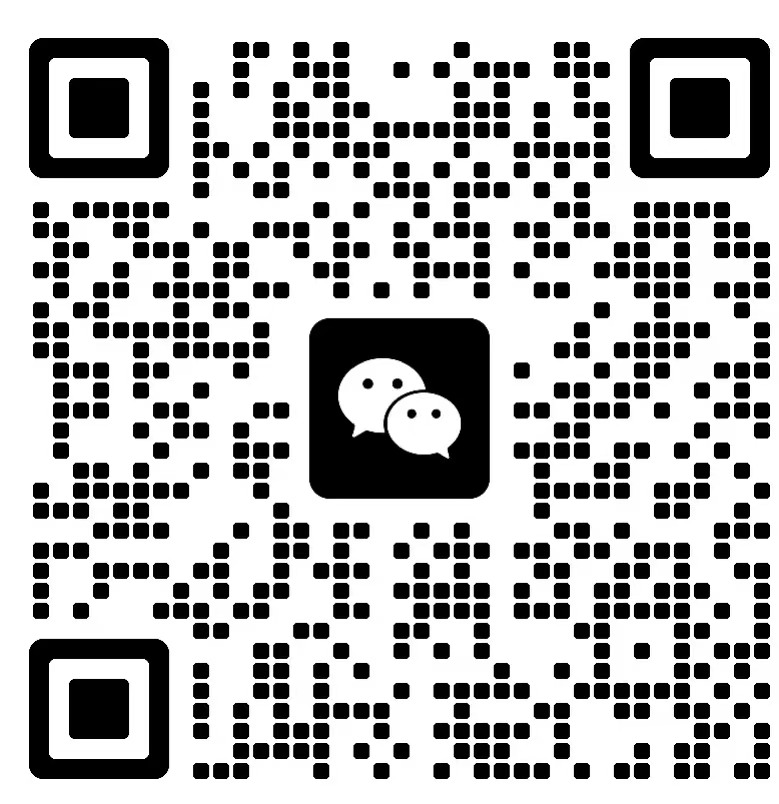Developing applications for structural and motion hardware such as the SJ-3401 (BLACK) 1" requires a comprehensive understanding of various technologies and methodologies. Below is an overview of the essential components, technologies, and notable success stories that highlight effective application development in this field.
| 1. Embedded Systems | |
| 2. Sensors and Actuators | |
| 3. Communication Protocols | |
| 4. Data Processing and Analysis | |
| 5. User Interface Development | |
| 6. Simulation and Modeling | |
| 1. Robotic Arm Control | |
| 2. Smart Wearable Devices | |
| 3. Automated Drone Navigation | |
| 4. Home Automation Systems | |
| 5. Industrial Monitoring Systems |
The development of applications for structural and motion hardware like the SJ-3401 (BLACK) 1" necessitates a multidisciplinary approach that combines hardware design, software development, and data analysis. By leveraging key technologies and learning from successful implementations, developers can create innovative solutions that enhance performance, efficiency, and user experience across various industries. The integration of advanced sensors, machine learning, and user-friendly interfaces paves the way for the next generation of smart applications in motion and structural hardware.
Developing applications for structural and motion hardware such as the SJ-3401 (BLACK) 1" requires a comprehensive understanding of various technologies and methodologies. Below is an overview of the essential components, technologies, and notable success stories that highlight effective application development in this field.
| 1. Embedded Systems | |
| 2. Sensors and Actuators | |
| 3. Communication Protocols | |
| 4. Data Processing and Analysis | |
| 5. User Interface Development | |
| 6. Simulation and Modeling | |
| 1. Robotic Arm Control | |
| 2. Smart Wearable Devices | |
| 3. Automated Drone Navigation | |
| 4. Home Automation Systems | |
| 5. Industrial Monitoring Systems |
The development of applications for structural and motion hardware like the SJ-3401 (BLACK) 1" necessitates a multidisciplinary approach that combines hardware design, software development, and data analysis. By leveraging key technologies and learning from successful implementations, developers can create innovative solutions that enhance performance, efficiency, and user experience across various industries. The integration of advanced sensors, machine learning, and user-friendly interfaces paves the way for the next generation of smart applications in motion and structural hardware.












